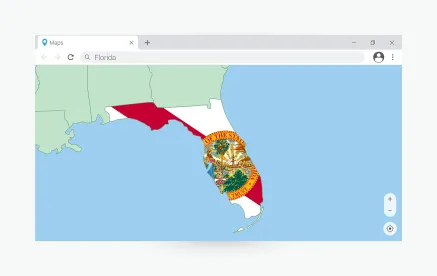Florida’s Senate Bill (SB) 1718 went into effect on July 1, 2023. One section of the new law—which criminalized the transport into the State of Florida of individuals who entered the United States without inspection—now faces a legal challenge.
Quick Hits
-
Several groups have filed a lawsuit challenging Florida’s SB 1718.
-
Florida’s immigration-related legislation, SB 1718, which requires employers to use the E-Verify system and imposes criminal penalties on individuals transporting undocumented immigrants into Florida, took effect on July 1, 2023.
-
According to the complaint, which challenges the constitutionality of the new law, SB 1718, Section 10 violates the due process clause of the Fourteenth Amendment.
On July 17, 2023, the American Immigration Council, American Civil Liberties Union (ACLU), the ACLU of Florida, Americans for Immigrant Justice, and others filed a complaint in the U.S. District Court for the Southern District of Florida challenging the constitutionality of Section 10 of SB 1718. The complaint alleges that with the passage of SB 1718, Florida has taken on the federal government’s central role in regulating immigration and violated the right to due process of persons it subjects to criminal prosecution. Specifically, the complaint challenges SB 1718 stating that:
-
The law “imposes criminal penalties on a person who transports an immigrant who ‘entered the United States in violation of law and has not been inspected by the Federal Government since his or her unlawful entry’,” but fails to consider that “many people who entered the country in violation of federal immigration law have since sought or obtained immigration relief or are now otherwise lawfully present within the United States.”
-
SB 1718 does not carve out “exceptions for the persons or entities doing the transporting,” including people “transporting family members, transportation by emergency service providers, faith-based service providers, and providers of transportation for school and extra-curricular activities.”
-
The Florida law attaches penalties to “a wide array of conduct that Congress chose not to prohibit,” and it places “state officials in the unlawful position of making complex determinations about people’s immigration status and history.”




 />i
/>i
